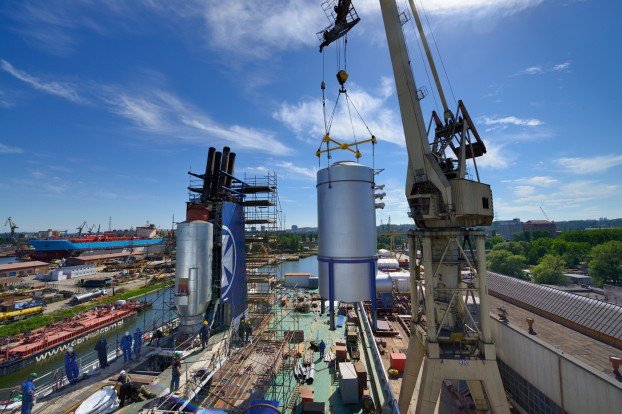Carnival study claims scrubber washwater is safe

The pro-scrubber lobbying group, Clean Shipping Alliance 2020 (CSA 2020), held its first technical conference yesterday in London during which it provided a 49-slide study, which claims the toxic nature of exhaust gas cleaning system washwater is not as severe as has been reported.
A three-year study led by cruise giant Carnival collected 281 washwater samples from 53 scrubber-equipped cruiseships. The samples were then assessed against 54 different test parameters by ISO accredited independent laboratories.
The resulting laboratory analysis reports were then evaluated by classification society DNV GL’s Maritime Advisory Services and the data compared against various water quality standards, after first confirming that the samples analysed were within the allowable IMO criteria and regulatory limits.
The results were then compared to selected national and international water quality standards and land-based wastewater discharge limits, including the German Waste Water Ordinance, the EU Industrial Emissions Directive 2010/75/EU, and the EU Surface Water Standards Directive 2013/39/EU, to which CSA 2020 claimed yesterday the results compared favourably.
Ian Adams, executive director of CSA 2020, commented yesterday: “We want to emphasise that this major study was intended to provide an objective assessment of the quality of scrubber washwater through a rigorous comparison to other world water quality standards, and it now represents the largest, most credible and verifiable data set available. And importantly, the results reaffirm that exhaust gas cleaning systems are effective and safe for the ocean environment.”
CSA 2020, which includes Carnival, Oldendorff, Cargill, and Trafigura among its founding members, was founded last year in response to huge amount of negative comments regarding the technology. The group has long claimed that the small amounts of sulfate contributed by exhaust gas scrubbing are “insignificant and benign”.
Over the past year, attacks on scrubbers have dominated shipping headlines, variously described by leading owners as “towers with showers” and “the industrialisation of pollution”. The most high profile opponent of the technology has been Paddy Rodgers, the soon to depart head of tanker giant Euronav, who has repeatedly said the solution to pollution is not dilution.

“281 washwater samples from 53 scrubber-equipped cruiseships.” Does that mean over the three year period of the study every year two samples were taken from fifty three different ships? Seems like a rather small sampling to build a case on no? Still prefer the ex-governor of California’s approach – fill a pool with the discharges and have the executives swim in it.